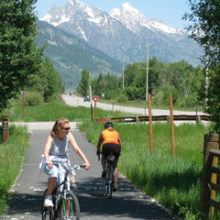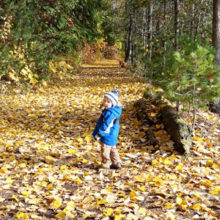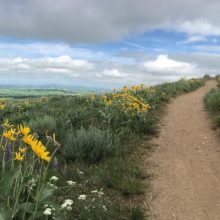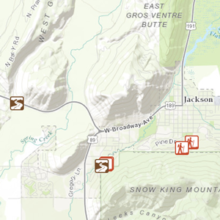Trails and pathways frequently are an important part of a town or city’s identity, but measuring and understanding the benefit of trails to communities often is not fully understood.
Headwaters Economics created a Trails Library and other tools to help local leaders, elected officials, trail users, and others.
Trails can bring a wide range of benefits to communities, including increased business, higher property values, improved public health, and a higher quality of life.
The Library, updated now with 120 studies, provides solid, reliable research on the impacts of trails, searchable by type of benefit, use, year, and region.

One important goal of the Library and other resources is to help local leaders find existing research–conducted in communities similar to theirs—so that they have credible information and answers to questions regarding potential benefits from nearby trails and whether a project meets community priorities.
Additional important trails work includes surveys to help communities prioritize based on resident usage, satisfaction, reasons for living in the area, and suggestions for improvement.
Many communities also may be interested in collecting accurate information about the amount, type, and timing of trail and pathway use.
Summary Documents: Benefit of Trails to Communities
- Trails can generate business impacts and create new jobs by attracting visitors, especially overnight visitors.
- Local trail users often use community trails multiple times per week, and trails are a valuable part of residents’ quality of life.
- Trails are often associated with higher property value, especially when a trail is designed to provide neighborhood access and maintain residents’ privacy.
- Trails are associated with increased physical activity and improved public health, especially in rural places without other safe places to exercise.
- General overview of benefit of trails to communities.



